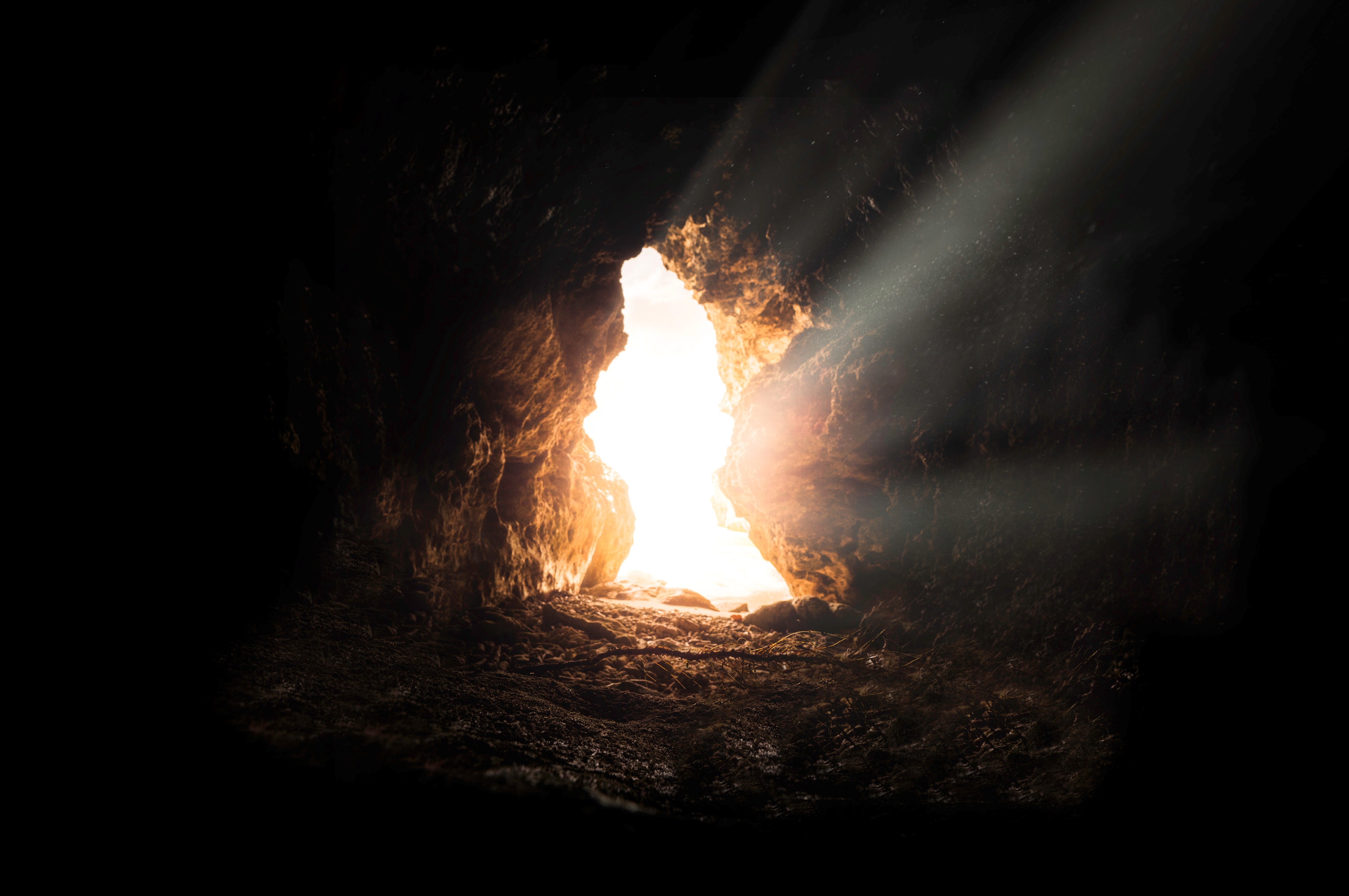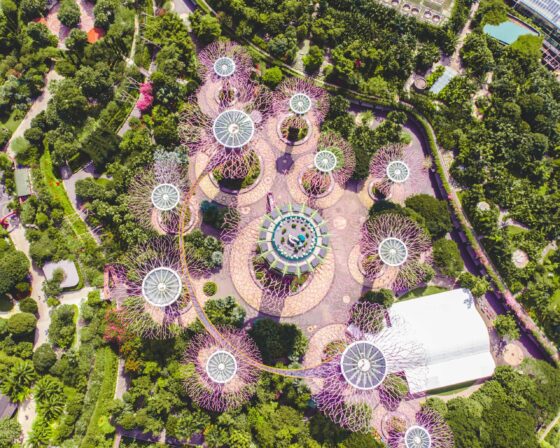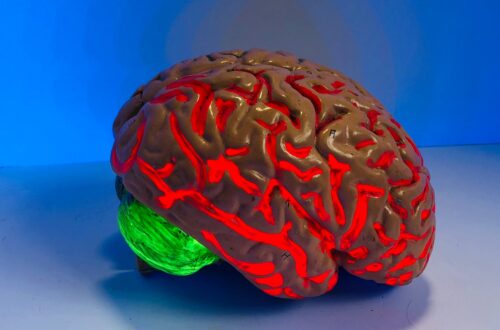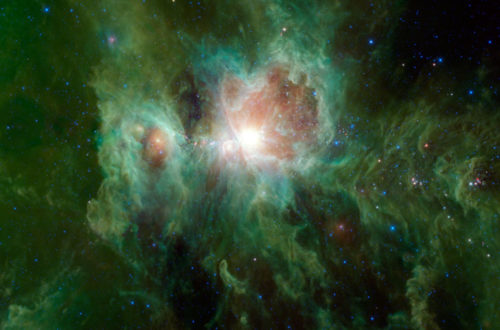
What is Truth?
Truth has gone through many iterations in the history of humanity. In the Middle Ages, truth was what the church said it was. In the Modern Age truth was what reason said it was. But all these definitions of truth have fallen away and we are now in the Post-Truth era. Translation: There is no Truth. Truth is whatever we think it is.
Finding an Approach to Truth 2500 Years Ago
To escape this vacuum, I go back about 2500 years to the Taoist sage, Lao-Tzu, for both the clearest and murkiest statements on Truth.
It comes from the ancient Chinese text, The Tao-Te-Ching (the Way and its Power). In one of the 81 verses covering different aspects of wisdom, it says, “the Tao that can be told is not the eternal Tao. The name that can be spoken is not the eternal Name.”
Another one says, “He who knows, does not speak. He who speaks, does not know.”
Here I am equating the Tao, the ultimate principle of the universe, to truth.
Both are saying we can’t know truth intellectually. It is beyond our rational conceptions. It is more profound than any idea swirling around in our little heads.
“He who speaks, does not know.” What does that mean? Does it mean don’t talk about it at all? That any discussion is pointless because there is no way of finally attaining it? I don’t think so.
That would be like telling a young basketball player not to practice to be better because he will never be the perfect basketball player. If you can’t be perfect, why do it at all? If you can’t know Truth absolutely, then why bother seeking it?
Post-Truth is the Lazy Way Out
The Post-Truth world is the lazy person’s world. No effort is required if we dismiss it outright. Saves a lot of time and energy and makes life simple. Truth is whatever I want it to be. No thought required.
Lao-Tzu is pointing out the limits of our reason, just as our budding basketball star will have limits on his ability. (He is not going to make every shot he takes no matter how good he becomes.)
Certainly we should debate and talk about Truth. Socrates and Plato led the way using this type of discussion. The Socratic dialogues are conversations about ultimately unknowable concepts like Beauty, Justice, and Truth.
Lao-Tzu’s point wasn’t not to talk about it because we can never know it, but rather talk about it, just don’t get attached to any ideas we reach. The discussion can deepen our understanding, but no matter how deep our probing, the Tao or Truth will always transcend it, so stay humble.
Approach Truth Indirectly, Not Directly
The Tao-Te-Ching never directly states that truth is this or that. It’s not that simple.
Rather the Tao-Te-Ching uses poetry and metaphors to circle around the idea in order to give the reader a “feel” or inner sense of what truth is.
We all have had the experience of needing to get a “feel” for something before we plunge into it.
The more we read these verses in the Tao-Te-Ching, even just one or two at a time, the more its wisdom transcends our rational mind, and penetrates deep into our bones. It is then we get a “feel” for it. The deeper it penetrates the deeper the “feel.” There is no limit to how deep it can penetrate because we and the universe are infinite.
After a while this sense of knowing permeates our being. It is not an intellectual knowing, but an experiential knowing.
It is a knowing that knows when to shut off thinking, so we can just be with the essence of the universe. Wisdom lies there.
Truth is An Inner Experience, but It is Not Subjective
This to me is what truth is. It is an inner experience that surpasses intellectual knowledge.
Our modern world has a problem with this because most of us don’t have an inner life. We have been trained to ignore it, and believe the outer “physical” world is the only real world. We are told the inner world is just a bunch of fantasies created by chemicals in the brain.
It’s true, the inner world can be prone to illusions and fantasies, but that may not be all bad. A lot of creativity can take place amongst those illusions and fantasies.
But beyond even that is a deep stillness, peacefulness and connectedness that leads us to Truth. We are connecting up to the fundamental essence of creation which embodies Truth.
For lack of a better word, we can call this fundamental essence God, The Tao, Brahman, Spirit, the Universe, the word doesn’t matter. It is purely a signifier pointing to this ultimate ground of Being, and the more deeply we experience this, the more deeply we experience Truth.
Now to some who haven’t opened up their inner life, this might sound like poppycock, or the delusions of a crazy person who has to resort to the fantasies of their inner world because he or she can’t handle the realities of the “real” world.
This would be a typical modern world critique of this view.
Truth Lies Beyond Reason
My only response would be to point out that the inner world can only be reached through an inner experience. We’ve all had them, we just don’t know we’ve had them. We’ve had them when we are in nature, on a Friday afternoon before a work-free weekend, or when we’re with someone we love. Don’t ignore those feelings, cultivate them.
To experience Truth, we must let go of reason because reason alone can’t get us there.
There is nothing wrong with reason, but the experience of “Truth” lies beyond it.
The problem with Truth in the modern world is that we are approaching it all wrong.
Until more of us open up our hearts and follow the pathless path of Lao-tzu in the Tao-Te-Ching, we will continue to flounder.




